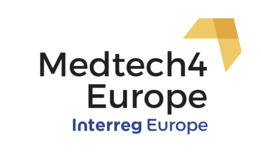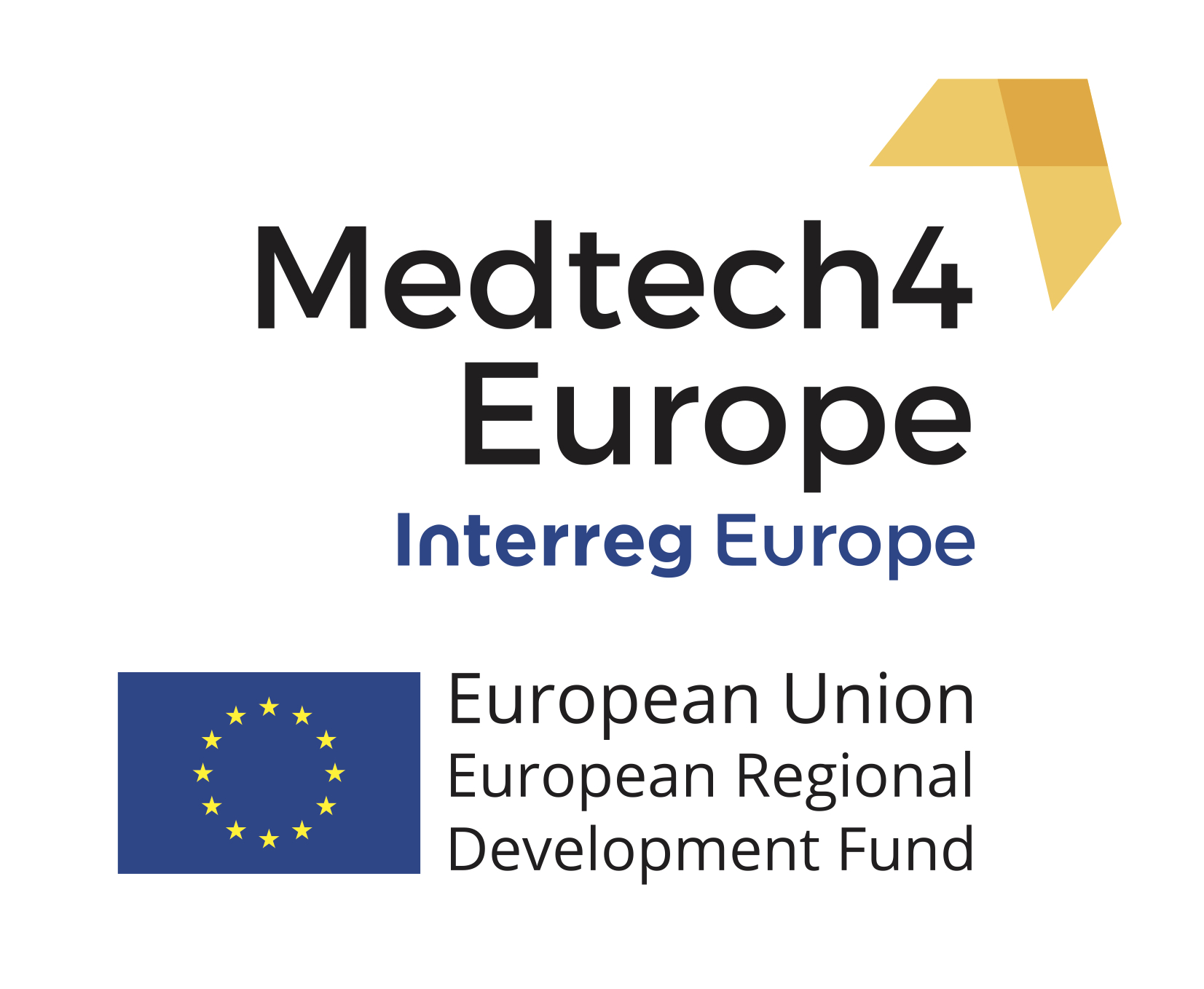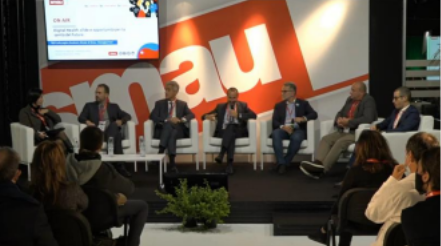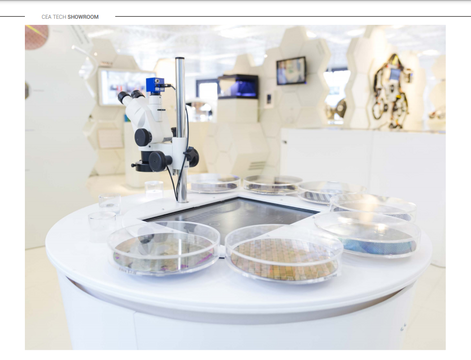Amid the COVID-19 pandemic, Medteh4 Europe interregional partnership has been forced to re-adjust its staff exchange plans to the current public health conditions banning organisation of physical meetings such as staff exchanges. As a consequence, on 26 May 2020, 14:00 hours CET time, Lead Partner of the Medtech4 Europe project organised the very first online staff exchange of the project. This article is a short summary of what have been presented and discussed on this online event.
Lead Partner of the project, Auvergne-Rhône-Alpes Regional Council has offered several Interreg Europe Good Practices for the purpose of mutual learning to the project partnership. One of these is CETIM, the Technical Centre for the Mechanical Industry. This Good Practice was in the centre of the online staff exchange.
CETIM (https://www.cetim.fr/) was established in France in 1965 in order to improve the competitiveness of companies through mechanical engineering, transfer of innovations and advanced manufacturing solutions.

With 1,000 experts and 8,000 customers in more than 30 countries, CETIM has become a world leading player, providing customers with independent expert advice and support through:
- innovation projects (from research&development to solution industrialization),
- design and redesign of products and processes,
- testing (standardized and customized tests to qualify and characterize materials and components),
- consultancy (advice, failure analysis), and
- training.
Its multidisciplinary competencies (metallic and composites materials, surface treatments, manufacturing processes, assembly, sealing, fluid and flows, NDT, etc.), coupled with its 50 years of experience, make it an essential actor for the industry of the future challenges and technologies, especially in the medical technologies sector, and the aerospace, automotive, energy, oil and gas, mechanical components and process industry.
With focus on medical technologies, it is always very tricky for companies, especially SMEs, to invest in a new manufacturing technology. Will the equipment really correspond to the needs? How will the operators handle the machine? What will be the return on investment?
Sharing production equipment with other companies allows to test and learn how to use the equipment, produce prototypes before investing, hence reducing the financial and technological risk.

CETIM buys the equipment which will be used by several companies who pay a kind of “rental” to be able to use it. CETIM also provides technical support and training on how to use the machines. Companies therefore get support from experts and can also share experience with peers to learn faster.
After two years on average (between 18 and 36 months), companies are totally autonomous on using the equipment, are fully aware of both the capacities and the limits of the technology and its compliance with their products. Companies convinced by this technology are then able to buy back the equipment from CETIM or directly from the supplier.
Each of the above projects costs between 1-2 million euros. The financing comes from:
- 1/3 regional council subsidy,
- 1/3 companies (fee paid for using the equipment),
- 1/3 the own funds of CETIM.
The shared equipment concept started in 2006 and is still ongoing, five to ten companies are involved in each CETIM project. The slide below illustrates the different business models in use at CETIM.

Following the presentation of CETIM colleagues, Medtech4 Europe project partners present (Auvergne-Rhone-Alpes Region, the Capital Region of Denmark, Steinbeis Innovation gGmbH, Upper Silesian Agency for Entrepreneurship and development Ltd., South Transdanubian Regional Innovation Agency Nonprofit Ltd.) discussed the relevant issues and aspects of CETIM for their own Action Plans that are due to be elaborated by November 2020. The received answers and feedbacks from CETIM colleagues proved to be meaningful for impacting targeted regional policy instruments of the quoted project partner regions.







